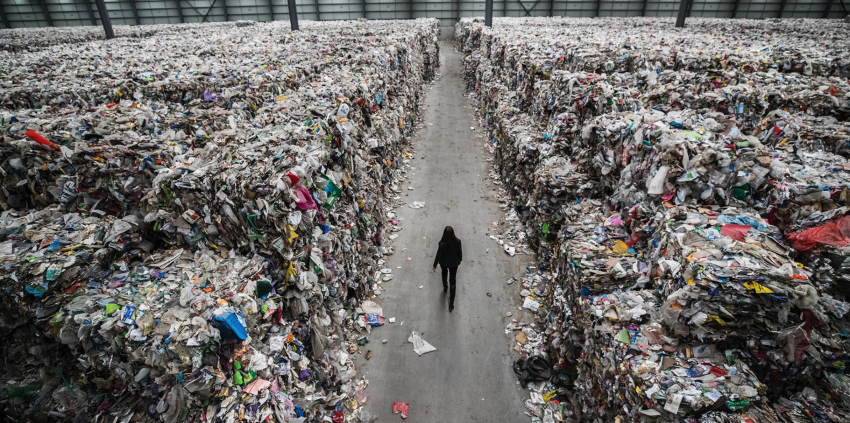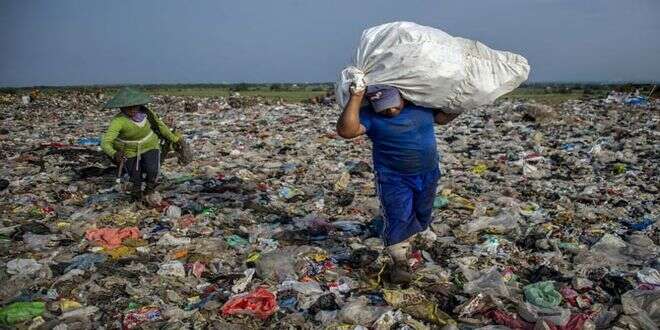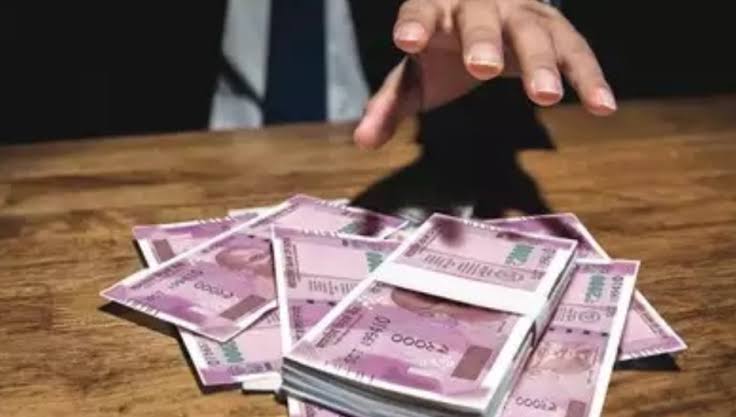The Swachh Bharat Mission-Urban (SBM-U) 2.0 emphasizes reducing plastic waste generation and adhering to the Plastic Waste Management (PWM) Rules dated August 12, 2021. Key focus areas include:
 Source segregation of waste
Source segregation of waste- Segregated collection and transportation
- Processing of segregated waste
- Setting up Material Recovery Facilities (MRFs) in all Urban Local Bodies (ULBs)
- Conducting awareness drives
Additionally, the following initiatives have been taken:
- Additional Central Assistance (ACA): Released to States and Union Territories (UTs) for establishing Solid Waste Management (SWM) projects for processing various types of waste.
- Plastic Waste Management Advisory: Developed to address plastic waste generation and management through techniques like reducing, reusing, recycling, and recovering plastic waste.
- Swachh Survekshan and Star Rating Protocol: Introduced and aligned with the Plastic Waste Management (Amendment) Rules 2021 to encourage cities to phase out single-use plastic.
The Ministry of Environment, Forest, and Climate Change (MoEF&CC) notified the Plastic Waste Management Amendment Rules, 2021, on August 12, 2021, prohibiting specific single-use plastic items with low utility and high littering potential effective from July 1, 2022.
MoEF&CC also notified the Guidelines on Extended Producer Responsibility (EPR) for plastic packaging through the Plastic Waste Management (Amendment) Rules, 2022, on February 16, 2022, and the Plastic Waste Management (Amendment) Rules, 2024, on March 14, 2024.
All States/UTs have formed Special Task Forces (STFs) chaired by the Chief Secretary/Administrator to eliminate identified single-use plastic items and ensure effective plastic waste management. A National Level Task Force has also been established by the Ministry to coordinate efforts to eliminate single-use plastic items and implement the Plastic Waste Management Rules, 2016.
To monitor the ban on identified single-use plastic (SUP) items and manage plastic waste effectively, online platforms such as the National Dashboard on the elimination of single-use plastics, the Central Pollution Control Board (CPCB) Monitoring Module for Compliance on Elimination of Single-Use Plastic, and the CPCB Grievance Redressal App are operational.
The CPCB, along with State Pollution Control Boards (SPCBs) and Pollution Control Committees (PCCs), regularly conducts enforcement drives to implement the ban on single-use plastic items and plastic carry bags thinner than 120 microns.
To develop alternatives to single-use plastics, the MoEF&CC organized the “India Plastic Challenge – Hackathon 2021.” Two startups focusing on alternatives to single-use plastics were awarded during this event. Additionally, a National Expo on Eco-Alternatives to Single-Use Plastic and Startup Conference was held on September 26-27, 2022, in Chennai by MoEF&CC and the Government of Tamil Nadu, featuring over 150 manufacturers of eco-alternatives such as materials made from seaweed, bagasse, rice and wheat bran, rice stubble, plant and agricultural residue, banana and areca leaves, jute, and cloth.




